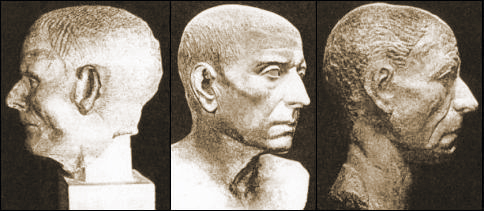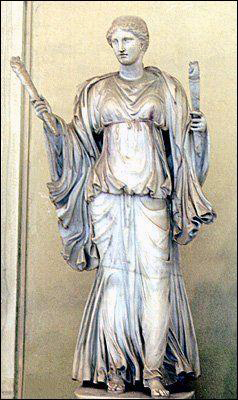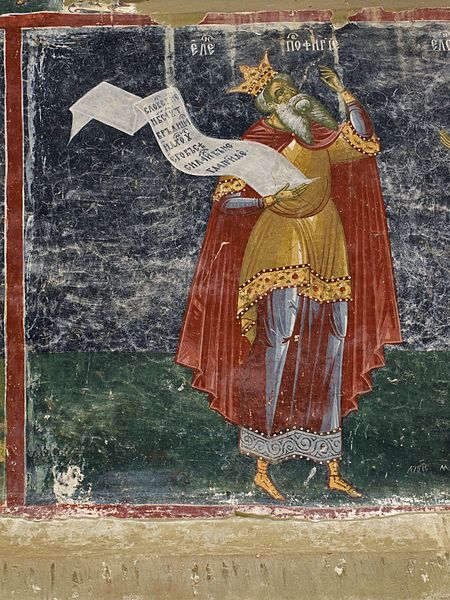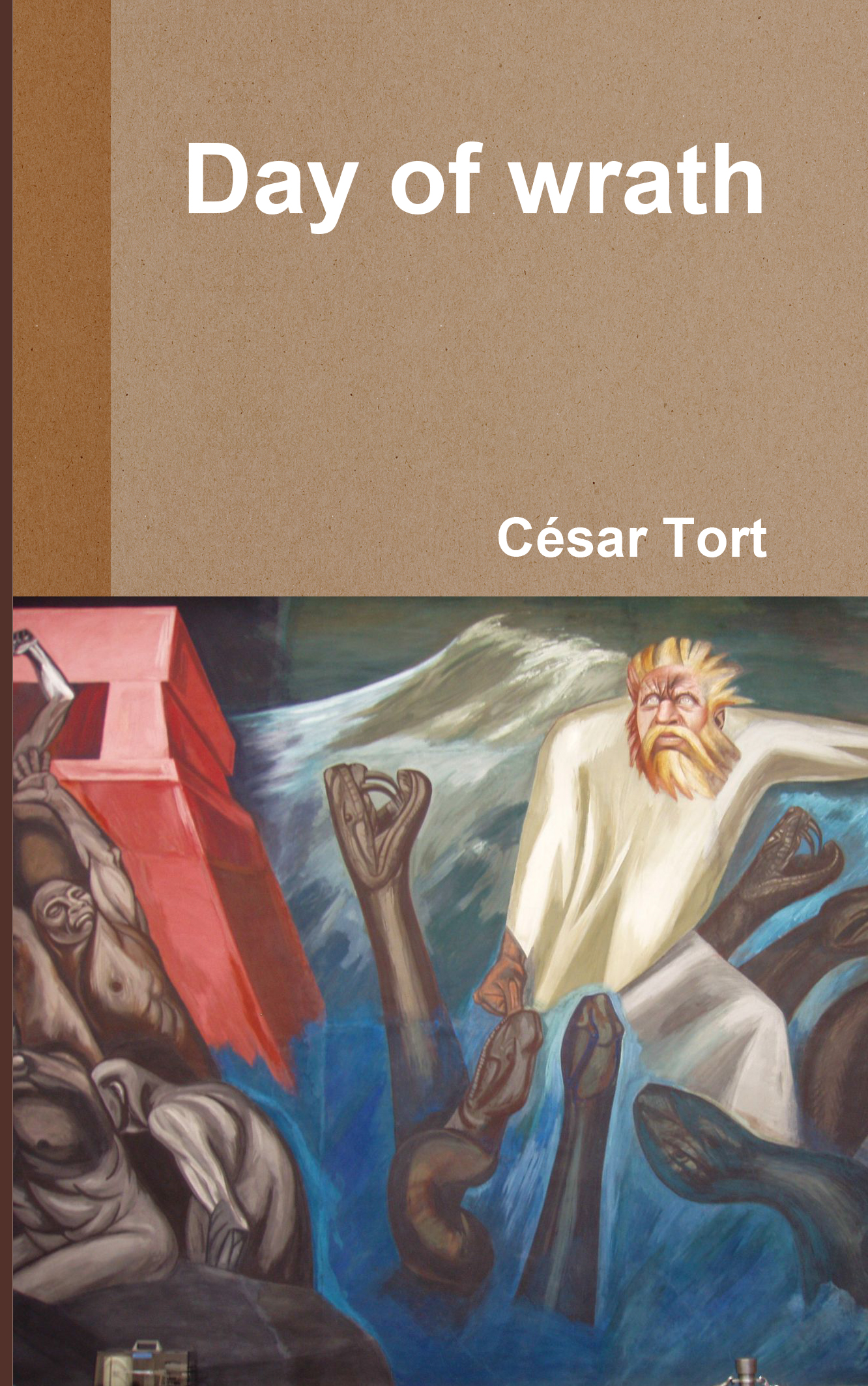by Matt Koehl
VII. The Faith of Adolf Hitler
 Beyond its purely intellectual aspect, the revolutionary Idea of Adolf Hitler contains an added dimension, to which one must turn to discover the source of its ineluctable attraction—its compelling magic, as it were. It is from its sentient—its emotional—content that one must reduce the secret of its extraordinary mystique—just as it is here that one cannot help but perceive its nuclear potential as the mythos of a new age. For it is not by logic and reason that great, earth-shaking movements are impelled, but by the unfathomable force of suprarational faith subjectively felt by the adherents of such a movement.
Beyond its purely intellectual aspect, the revolutionary Idea of Adolf Hitler contains an added dimension, to which one must turn to discover the source of its ineluctable attraction—its compelling magic, as it were. It is from its sentient—its emotional—content that one must reduce the secret of its extraordinary mystique—just as it is here that one cannot help but perceive its nuclear potential as the mythos of a new age. For it is not by logic and reason that great, earth-shaking movements are impelled, but by the unfathomable force of suprarational faith subjectively felt by the adherents of such a movement.
In the arena of great world events, even the most rational of ideas must take on the character of subjective faith—or remain forever condemned to the realm of sterile abstraction. It must, in other words, proceed beyond the understanding of the mind to an appreciation of the heart. Only thus does it assume that mysterious and inexplicable quality which guarantees success.
If we examine the various individual features of the National Socialist idea—its views on such fundamental concepts as race, personality, the state, work, struggle and Nature, for example—we find that these do not, even when taken together, suffice to explain the curious fascination surrounding its manifestation. For that we must turn, ultimately, to the personality of its author. For in the person of Adolf Hitler, the Idea undergoes fusion into a transcendent whole which is greater than the sum of its parts. Only in a subjective appreciation of this phenomenon and what it represents does the Idea become comprehensible.
* * *
Who, then, was Adolf Hitler? What was he?
Certainly, he bore the attributes of any man. He had two natural parents. He had flesh and blood. He ate and slept. He grew up, went to school, and worked for a living. He formed friendships, had personal likes and dislikes, became angry, but also had a warm sense of humor. He experienced joy and sorrow, pleasure and pain. In other words, his were all the normal human experiences and emotions. He was, in fact, completely human.
Historically, of course, Adolf Hitler was something more. He was a great national leader and statesman. Where can one find a comparable instance of a humble man of the people rising—by sheer will, determination and genius in the face of every conceivable obstacle and odd—to leadership of a great nation, liberating it from alien domination, purging it of racial and moral decay, and building within it a regime of national unity and social justice?
Where was there a similar statesman who, singlehandedly, was able to halt the seemingly inexorable advance of Communism across the face of a continent? Where else was there a leader who was able to lift his country—a country defeated in war and burdened with unbearable reparations—up out of economic and social misery and restore it to a position of prosperity, dignity and pride, while other nations sickened in the throes of a Great Depression? Where in all of history was there ever a ruler who enjoyed greater popular support?
Yet, it is beyond his manifest role as an outstanding national leader and statesman, as well as his obvious humanity, that we must look to discover the essential person of Adolf Hitler. Specifically, it is in the domain of the extrahistorical—i.e., in that area outside the normal historical process—that we must turn to find the true identity of the figure who stood in our midst just a few short generations ago. For although his life’s work continues to exercise an ongoing effect, its real meaning cannot be disclosed through the usual investigations of historiography.
* * *
More than one observer has commented on a certain strange, compelling quality which seemed to emanate from the person of Adolf Hitler. Kubizek, for example, has described the remarkable incident on the Freinberg.[1] Others have reported similar, if less dramatic, experiences in their own personal encounters with Hitler. And not only did this mysterious quality manifest itself in such individual meetings, but before larger audiences as well. Even persons who were not German and not National Socialist have testified to the singular ability of Adolf Hitler to articulate the unspoken feelings and aspirations of his listeners as though he were giving utterance to their innermost thoughts and emotions.
Recalling a Hitler rally which she attended in 1930, one Social Democratic writer described the phenomenon in this way: “The audience was breathlessly under his spell. This man expressed their thoughts, their feelings, their hopes; a new prophet had arisen—many even saw in him another Christ…” [2]
That he was able to affect his contemporaries in this manner is in itself remarkable. What is even more extraordinary and amazing, however, is the ability of Adolf Hitler to exert a continuing charismatic effect on generations which were not even born during his mortal lifetime! He still seems to articulate our deepest, most heartfelt feelings and longings as Aryans. He seems to strike a flawless chord with our innermost being. When he speaks, there is an immanent awareness that we are actually listening to the sound of our own inner voice. So perfect is his relation to our racial psyche that it is as though he has become one with it. We have the feeling that here before us is the consummate expression of the collective unconscious of our race.
It is as though we are confronted by an awesome presence, by a timeless charisma. Indeed, there is a certain enigmatic aura surrounding the figure of Adolf Hitler which seems to transcend all barriers of time and space. When we mention his name, we sense that we are speaking of more than a historical phenomenon; we allude to something which is eternal and infinite. We have the feeling that we are referring not only to the past, but to the present and future as well. Instinctively, we sense that here was more than just another man, that here was someone quite extraordinary.
The truth is that in Adolf Hitler we are confronted by a phenomenon which defies all objective analysis and rational explanation. Indeed, it is one which can only be understood in its symbolic, or representative, role—that is, through mythos interpretation. For only in the realm of the mythos—of the epic, the saga and legend—do we find those elements adequate to describe this most unusual personality. Only through a process of apotheosis can we hope to achieve a coherent understanding of the true reality of this remarkable figure. Only then do the various facets of his earthly life and career submit to plausible explanation.
Accordingly, we may proceed to a recognition that this very unusual being did, indeed, bear a divine mandate. He was, indeed, the instrument of a higher destiny. He was, indeed, endowed by Providence with a special mission. And, indeed, may he be described as an incarnation of the Absolute—of that great, ineffable Force without beginning or end, which rules and dominates this universe and determines the destinies of men.
Intuitively we recognize that represented here is something elemental, something primal—something that goes back to the very foundation of the world. We perceive that this singular figure was/is a manifestation of the will of the Eternal in corpore; that he was/is the voice of the Almighty, the word—the logos—spoken anew to modem man; that, indeed, he was/is the herald of a new age here on earth.
At the same time, we recognize him as the perfect personification of our racial soul. He is our consciousness and our conscience. In him is our racial will made manifest. In him do we see embodied the highest hopes and aspirations of Aryan man.
And so, in paying homage to this extraordinary personality, we at the same time defer to our own soul and to the divine which lies within us. In immanent relationship with him and in the service of his Cause do our lives acquire purpose, meaning, value, relevance, direction, structure, significance. Without him, we have no worth; we are nothing—nil. With him, we are privileged to become part of a larger order—indeed, we possess the possibility of transcending the limitations of our own mortal existence.
This, then, is the One whom we are honored to call Führer—Leader—our spiritual guide, special gift of Providence, the One chosen to disclose the divine will, the divine ordinances to the present age.
Every human order contains an idea which is symbolic of its higher purpose and mission. And so it is, above all, as a symbol of a new age that the figure of Adolf Hitler must be seen. It may be stated that he represents the inner principle—the raison— of our entire racial existence, of our history, our destiny, our life. He stands as our eternal emblem before the world. He is our law and our guide as Aryans for all time to come. He is our hope, our redemption, our promise of victory.
Thus do we perceive the outline of a new, immanent reality in which the transfigured person of Adolf Hitler joins with regenerate Aryan man and the Absolute in mystic union to form the noble mythos of a new faith.
Already, the rudiments of this faith, the Hitler faith—Hitlerism— exist in wordless, inchoate form in the hearts of a small, but growing number. Slowly, almost imperceptibly, a sacred retinue is gathering in sworn bond of deathless loyalty and honor. Defiantly, its banner is raised. The prospect of battle stirs its blood. It hails the struggle— the awesome challenge. It awaits the coming storm.
A new dispensation now looms on the horizon. A new, transforming reality is rising. As the darkness of a dying civilization casts its lengthening shadow over a confused and despairing world, the faith of the future will shine forth ever more brightly as the one great, redeeming hope—the polar star of a new age and a resplendent New Order, one which will be guided and instructed by the immortal personality of the greatest figure ever to walk the face of this earth.

[1] August Kubizek, The Young Hitler I Knew, tr. E.V. Anderson (New York, N.Y., Tower Books, Inc., 1954), Chapter 10.
[2] Lilo Linke, Restless Days (New York, N.Y., A.A. Knopf, 1935), pp. 397-398.






